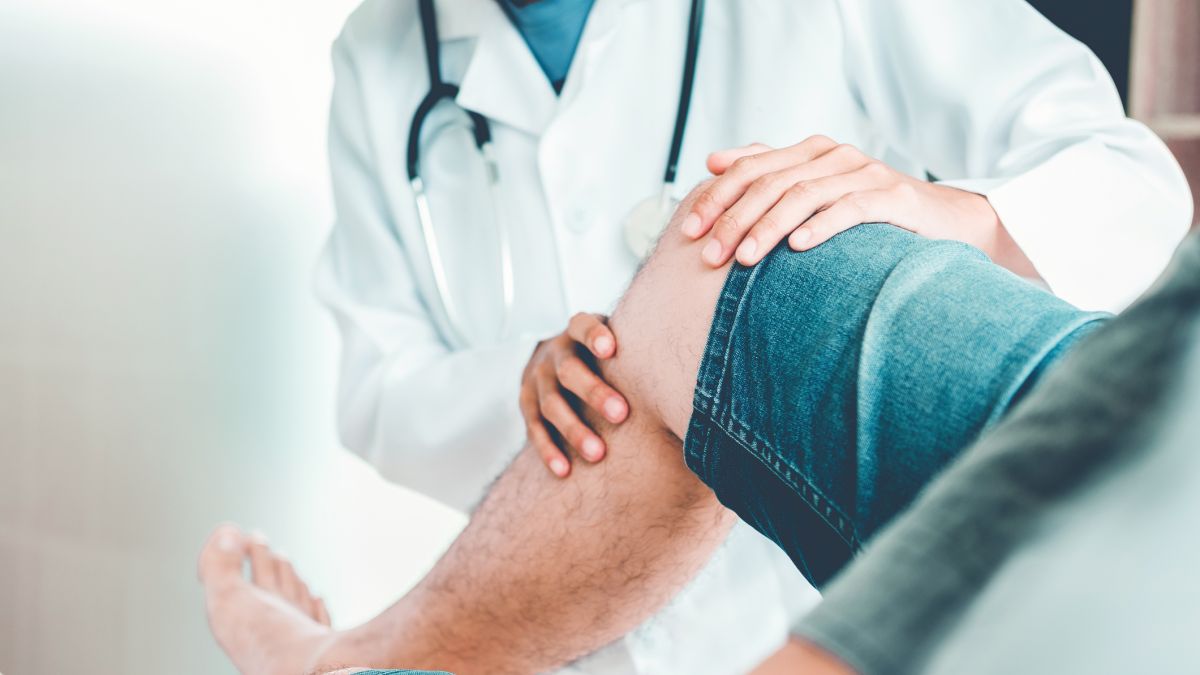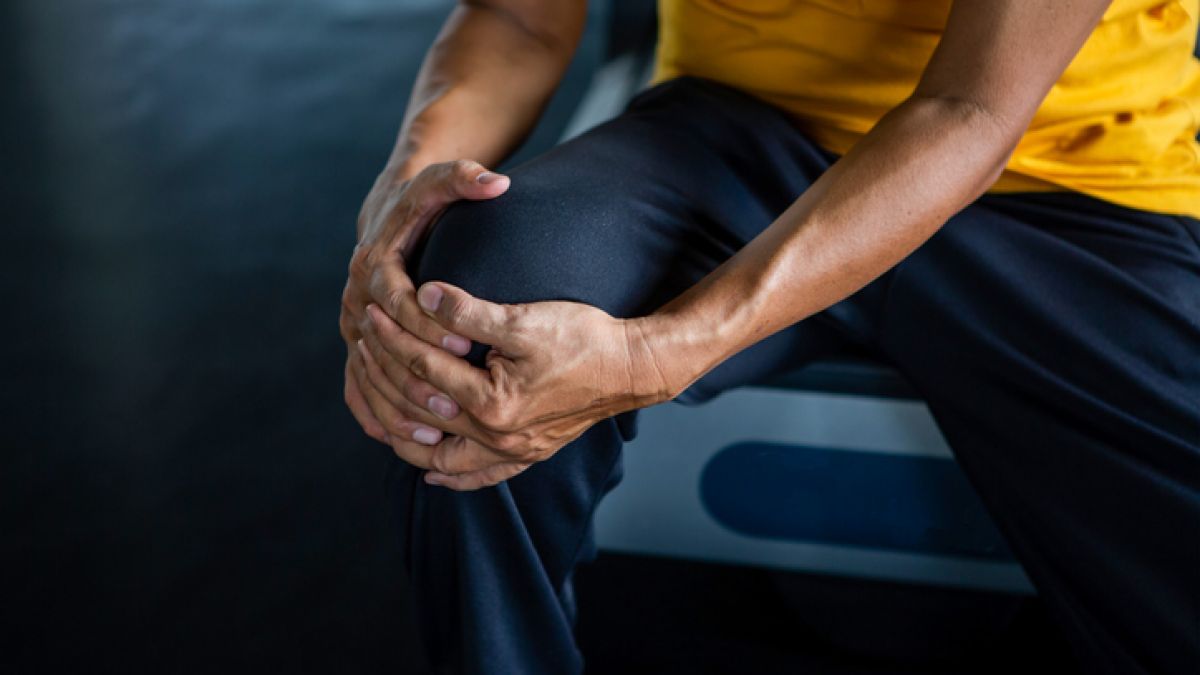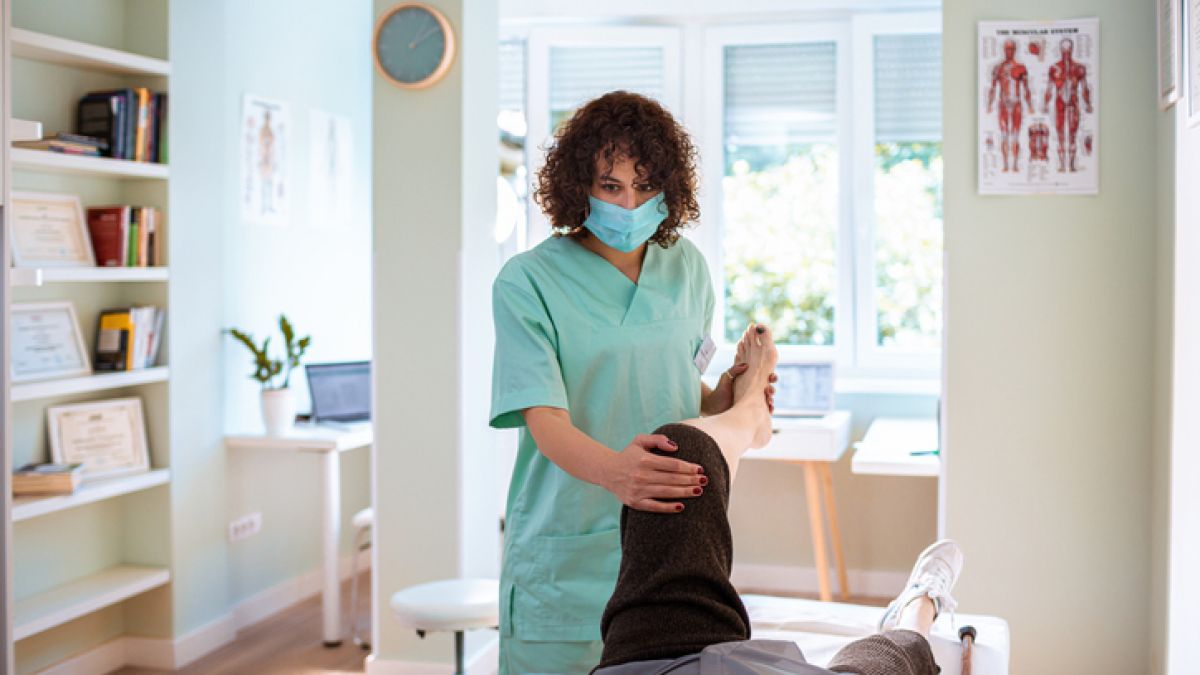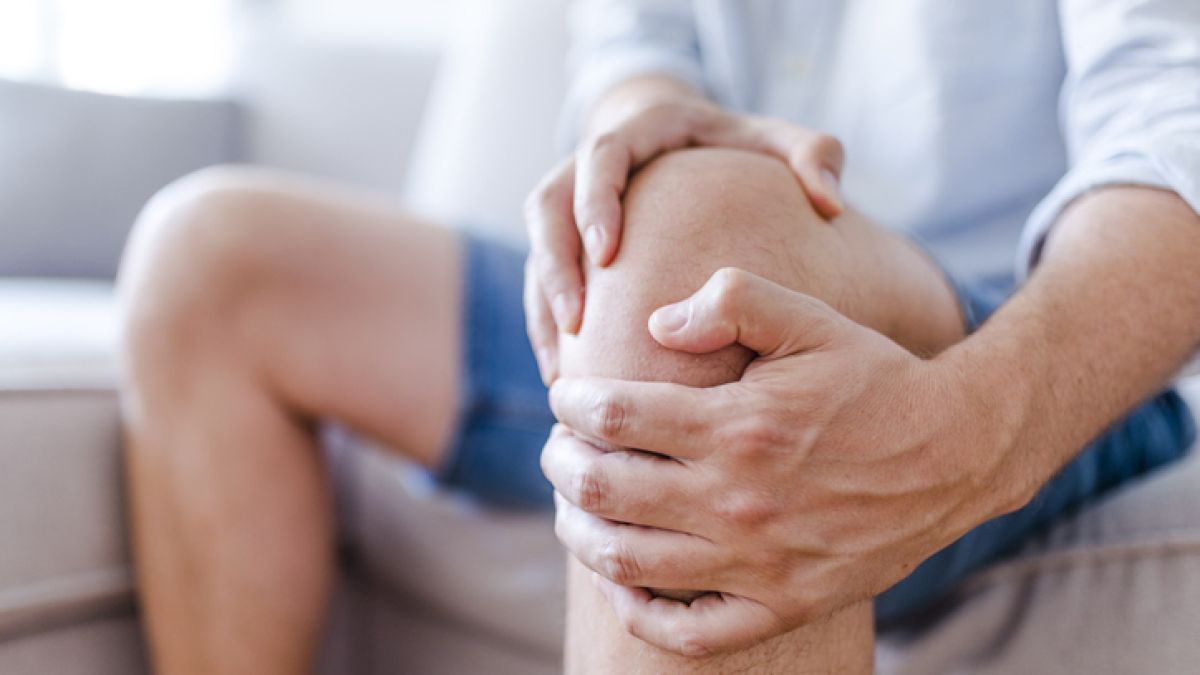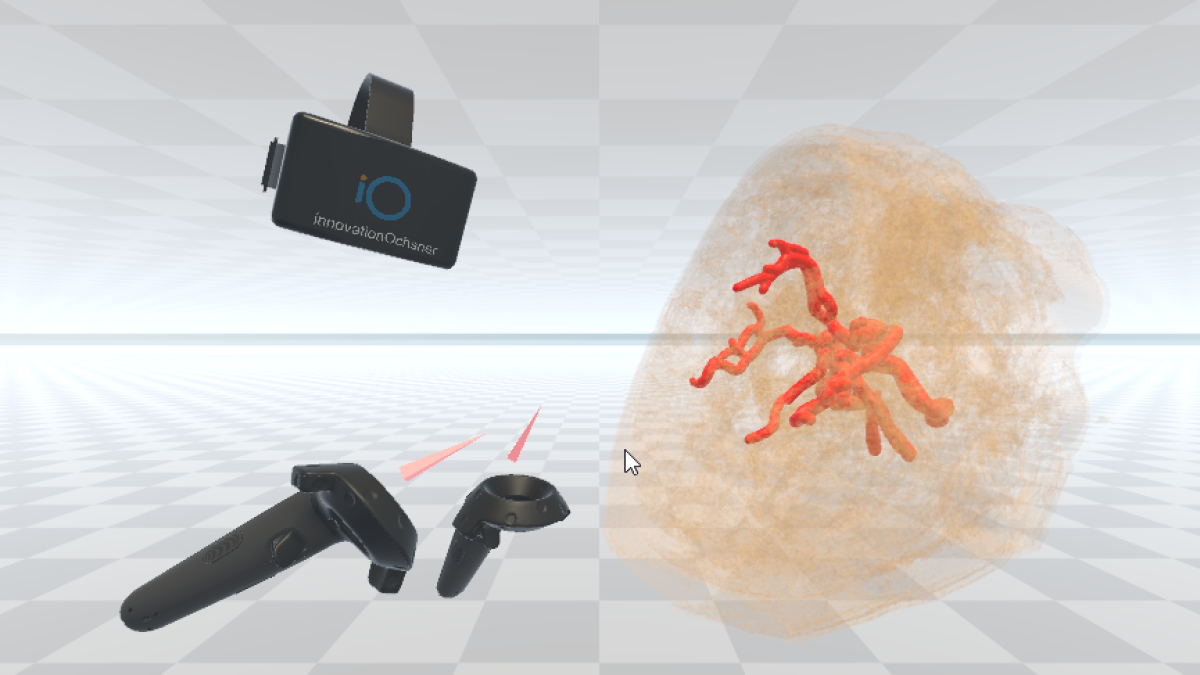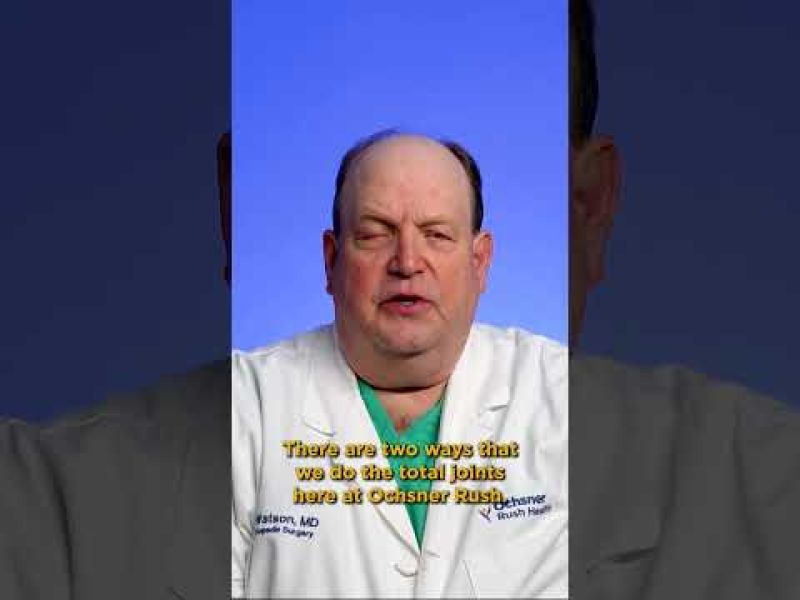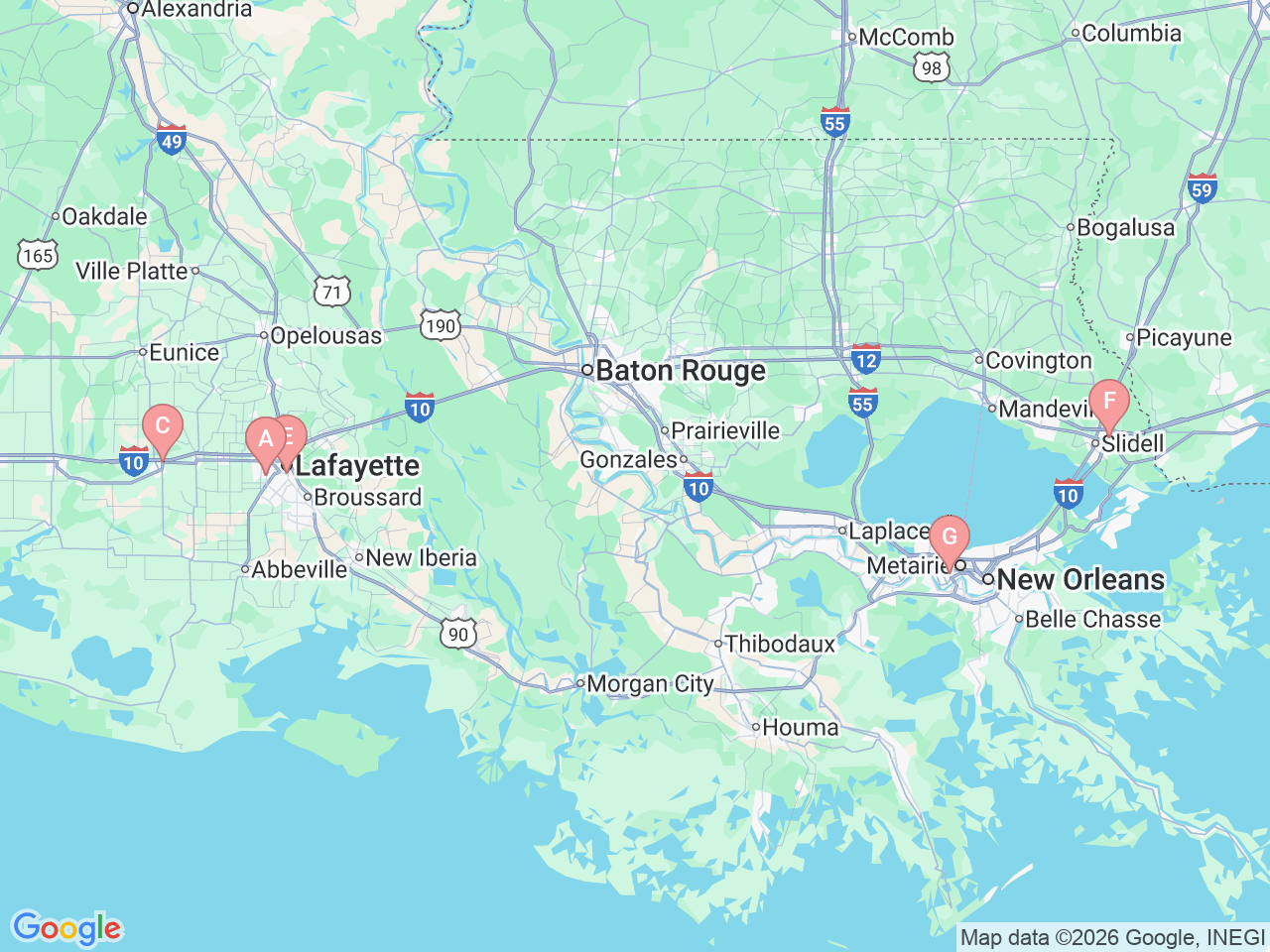Why choose Ochsner Health for knee pain care and knee replacement surgery?
At Ochsner Health, we’re proud to be a trusted leader in knee pain treatment and knee replacement surgery for patients across Louisiana and Mississippi. Our experienced orthopedic specialists use the latest technology to deliver personalized care that helps you move with less pain and more confidence.
Every time you take a walk, play with your grandchildren, hike a trail or climb stairs, your knees support you. When chronic knee pain gets in the way, it can limit the activities you enjoy most. That’s why we offer comprehensive care for knee pain, including advanced treatment options and robotic-assisted knee replacement surgery.
You may think surgery is the only answer, but many people find relief through nonsurgical knee pain treatments. Our multidisciplinary orthopedic team will work with you to create a care plan that fits your needs. This might include anti-inflammatory medications, physical therapy, or other conservative approaches.
If these options aren’t enough, knee replacement surgery, also called knee arthroplasty, may be the next step. Our team includes four fellowship-trained knee surgeons who use the latest techniques to reduce pain, speed recovery and get you back to doing what you love.
Whether you're in Lafayette, Slidell, New Orleans, Jefferson, Louisiana or anywhere in between, Ochsner Health is here to help you find lasting relief from knee pain.




